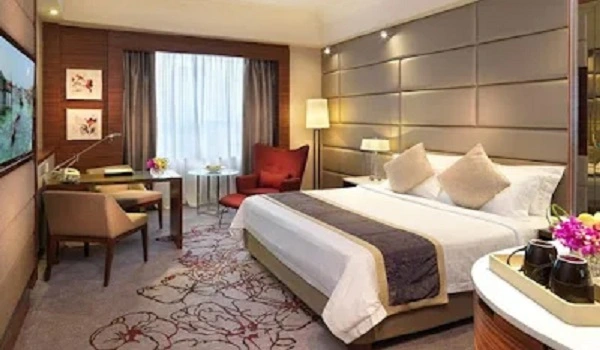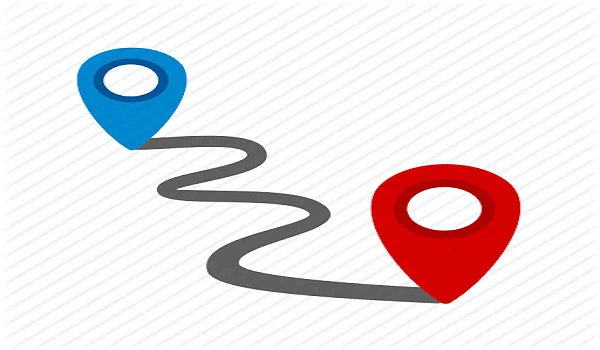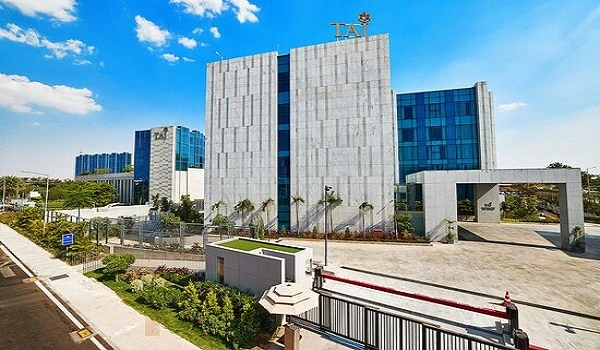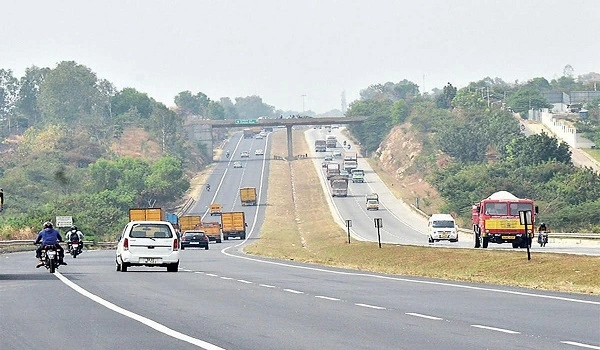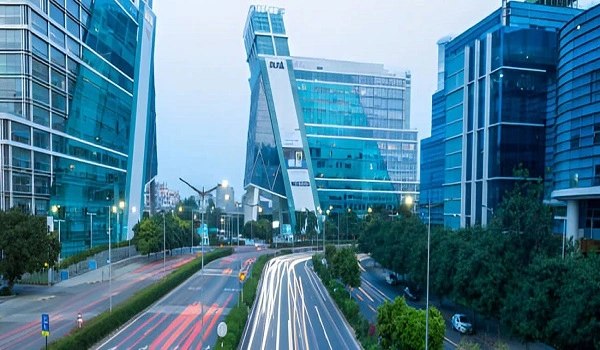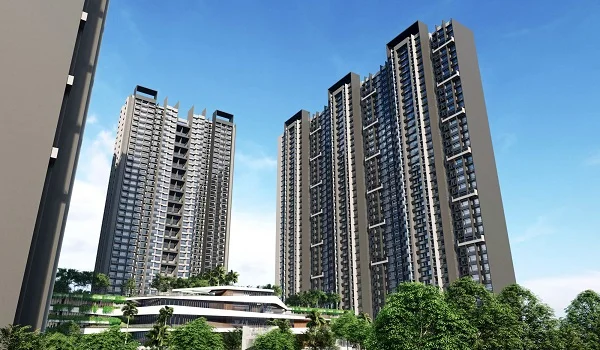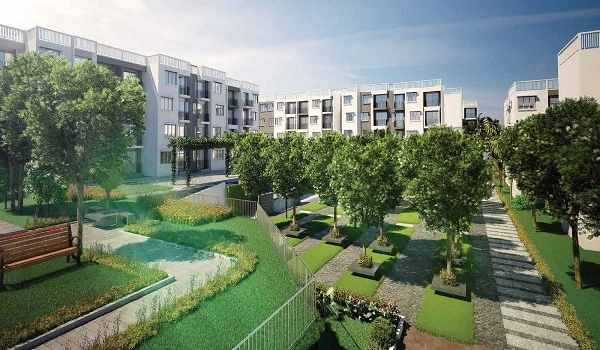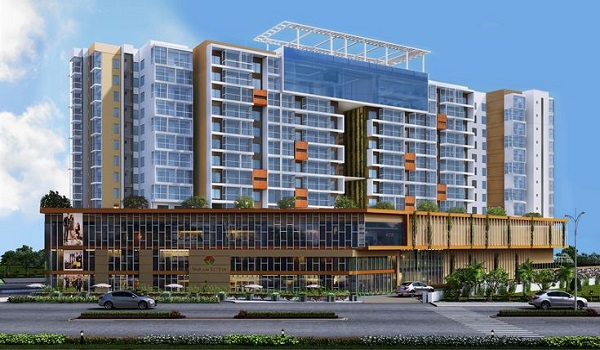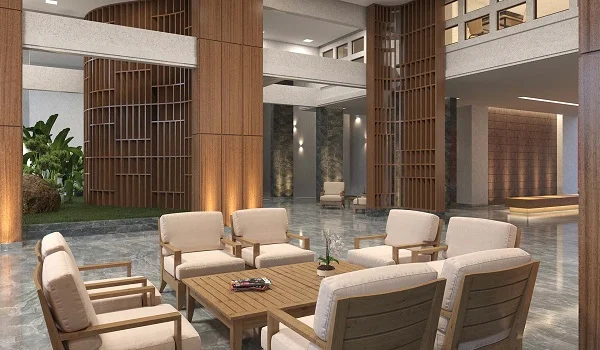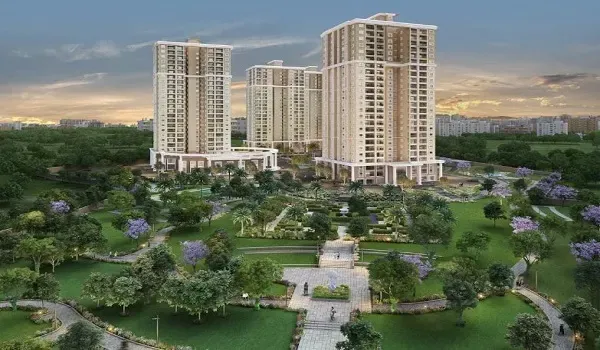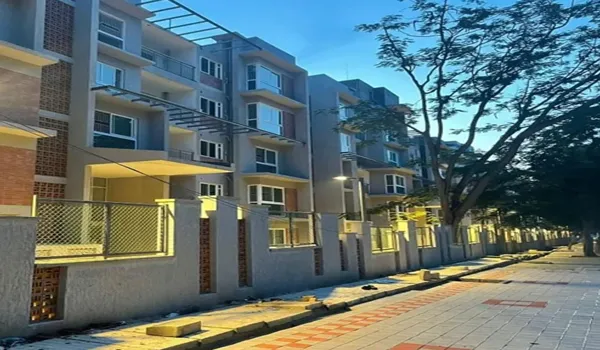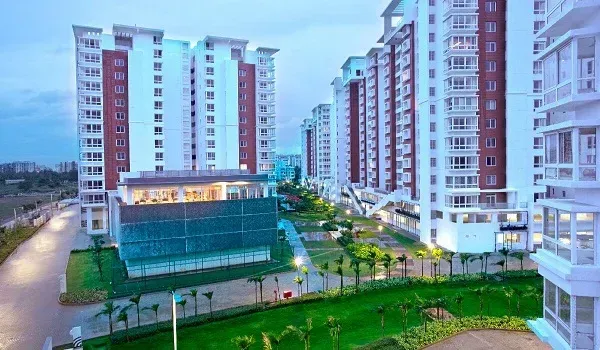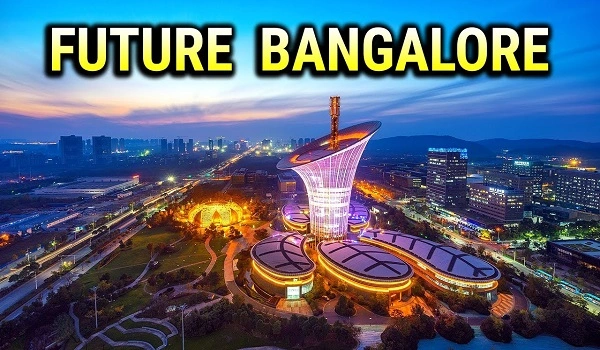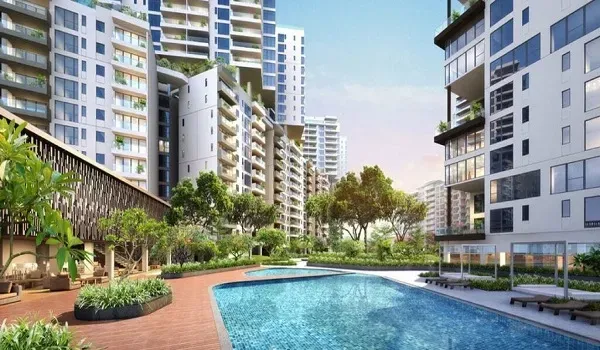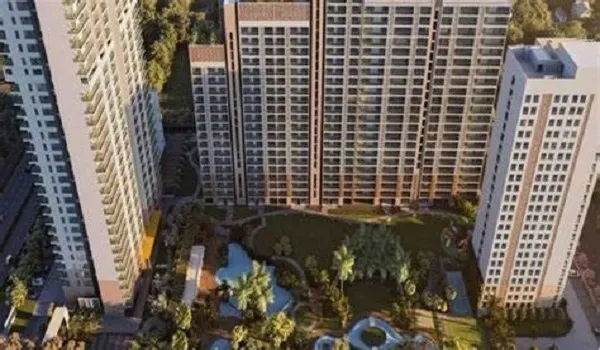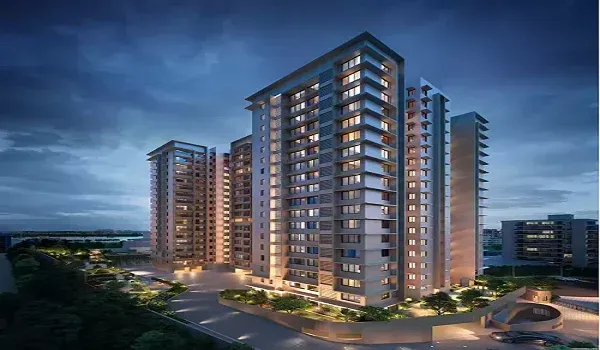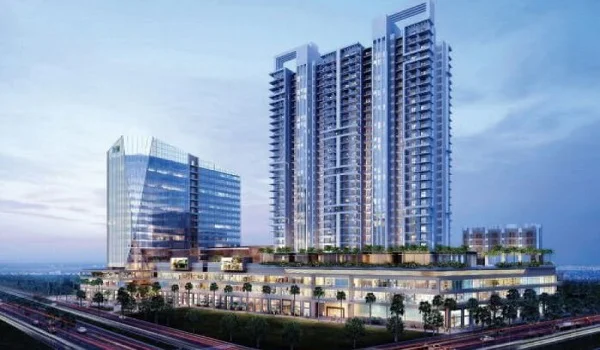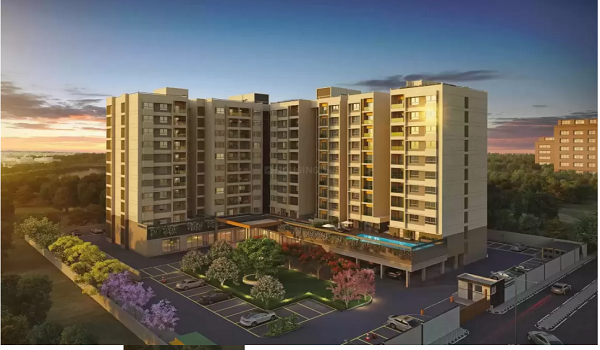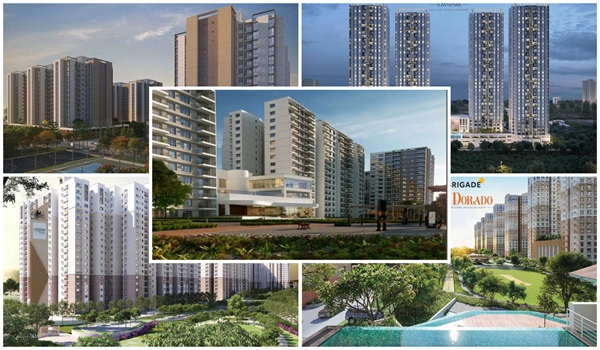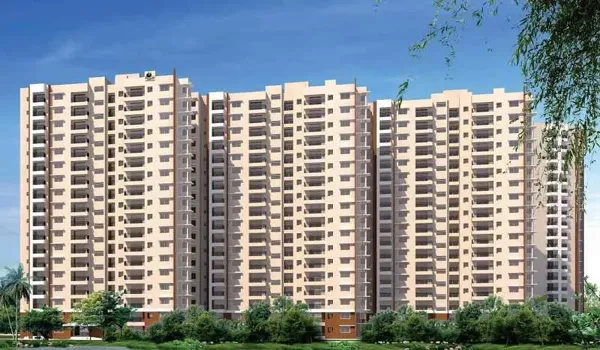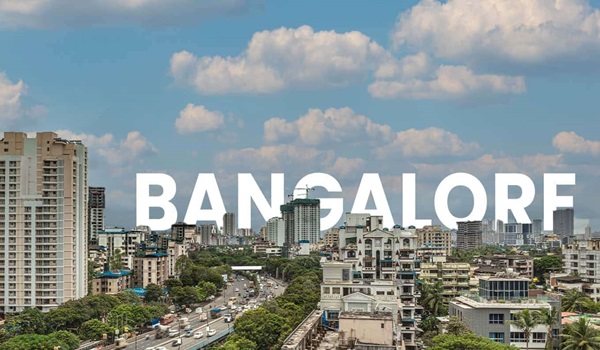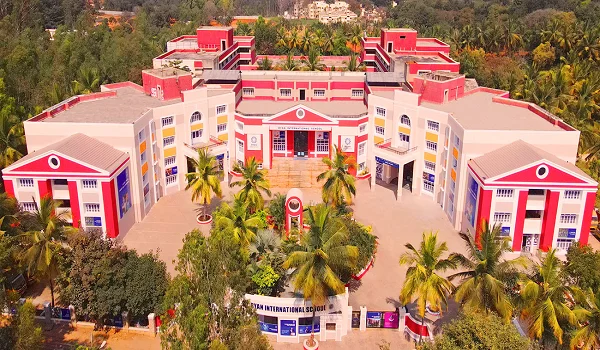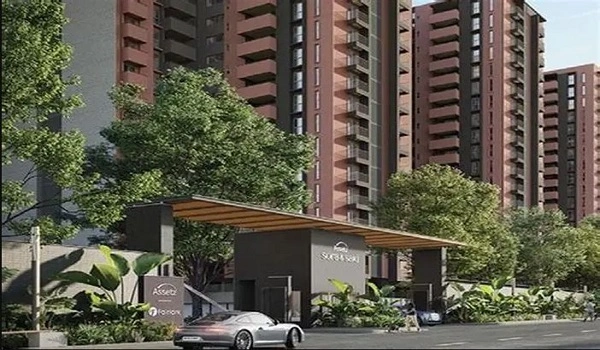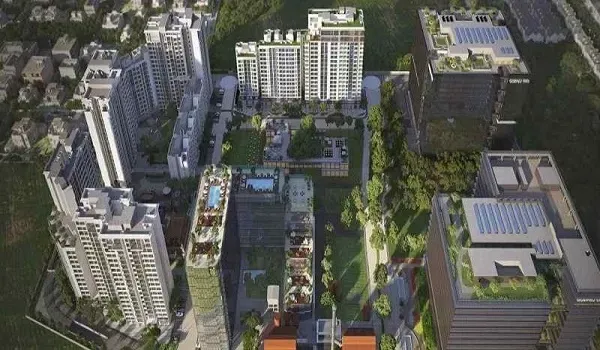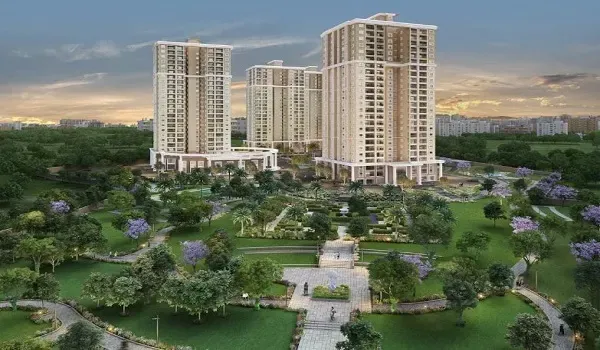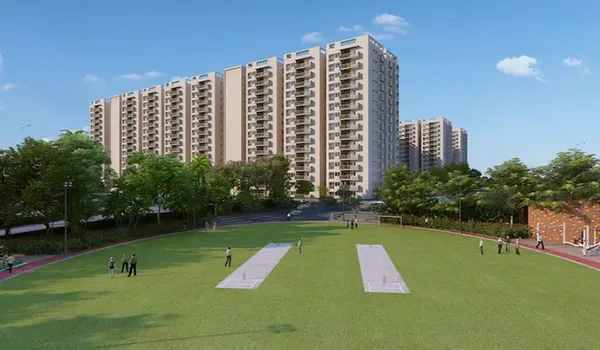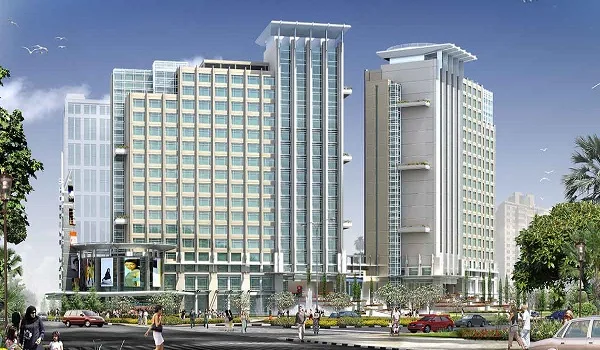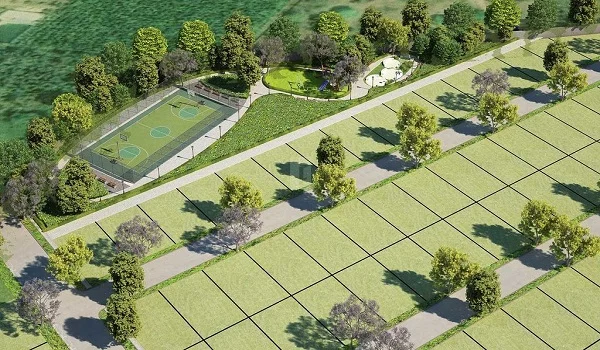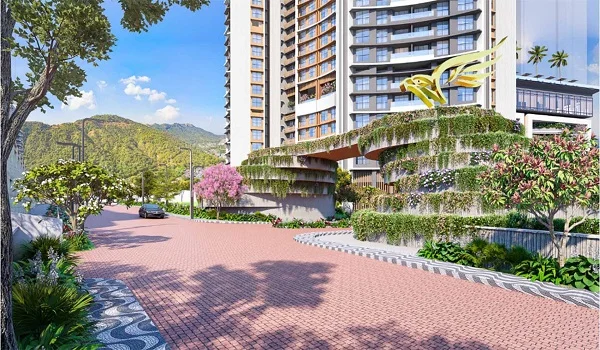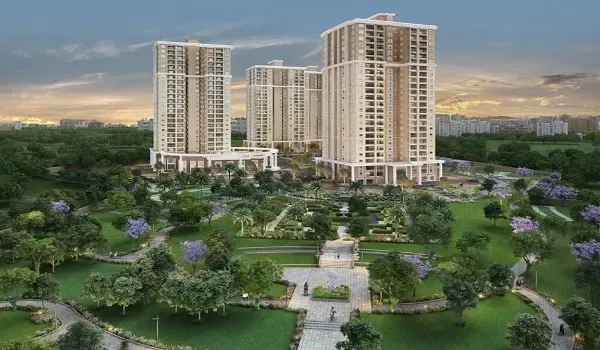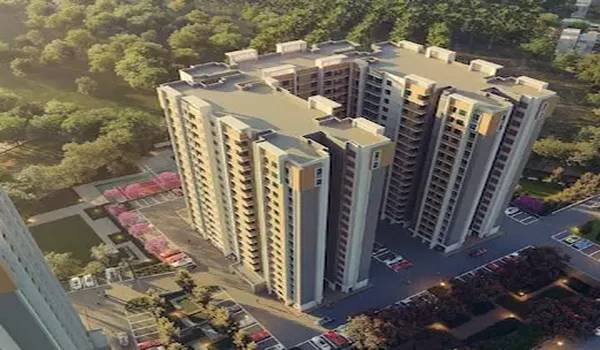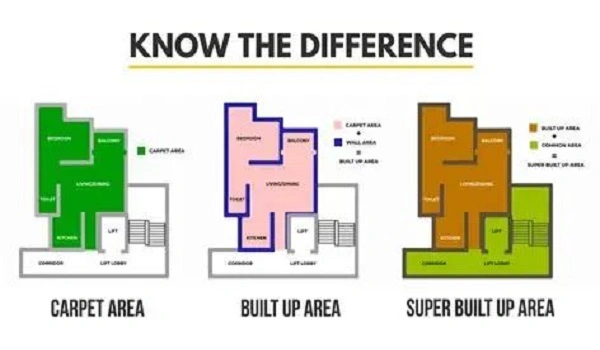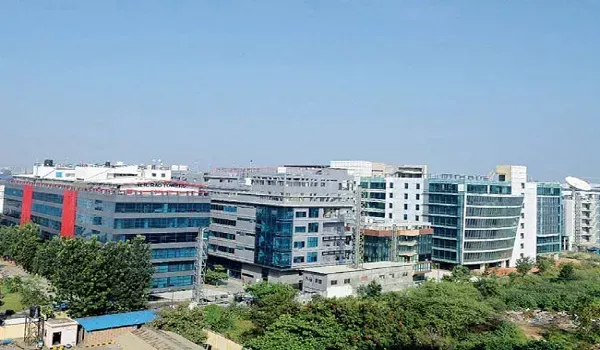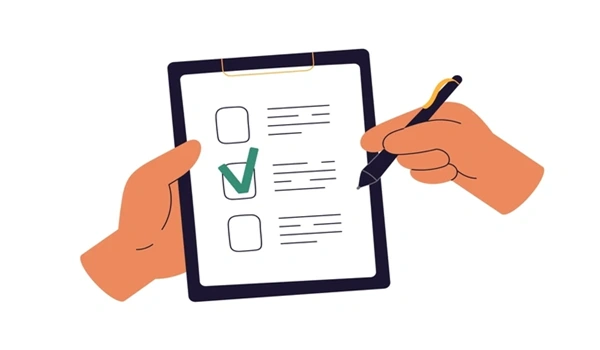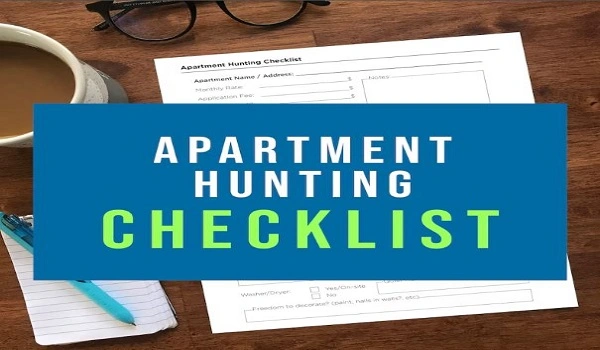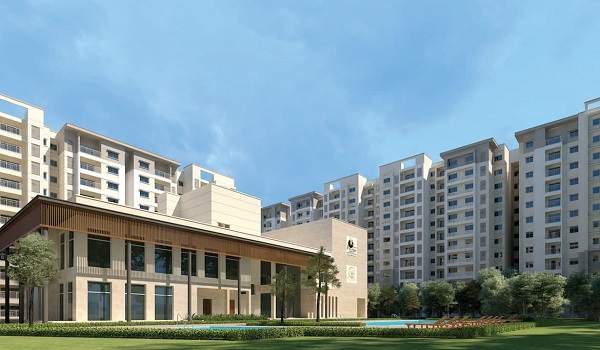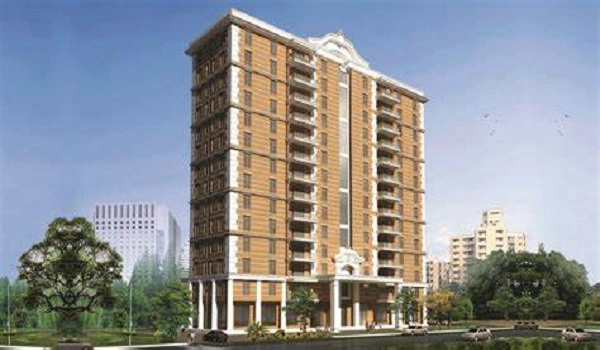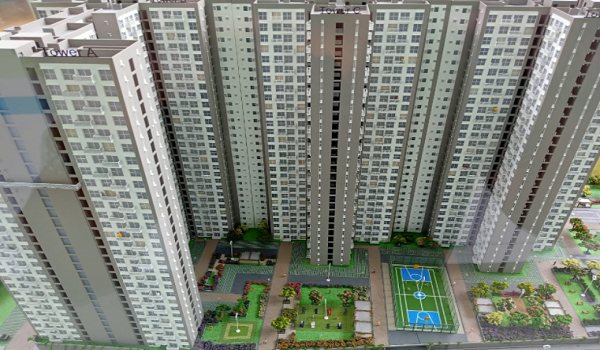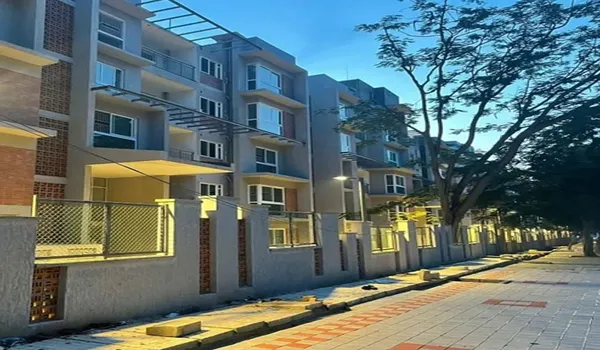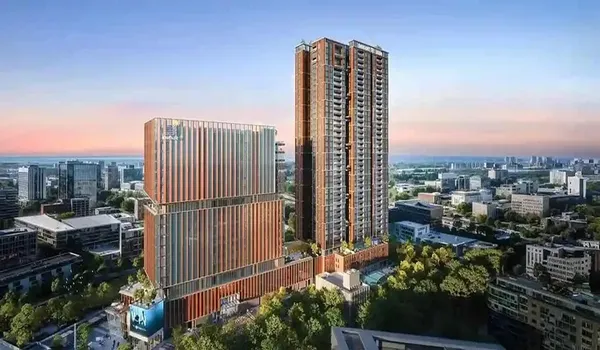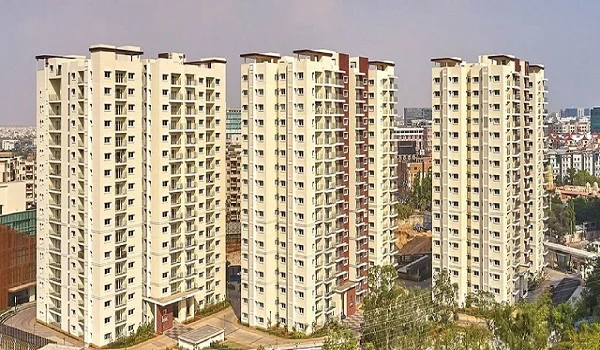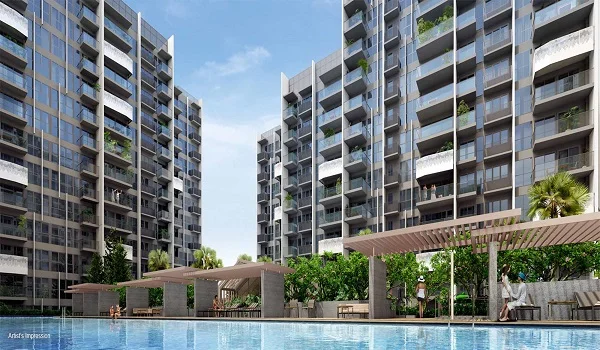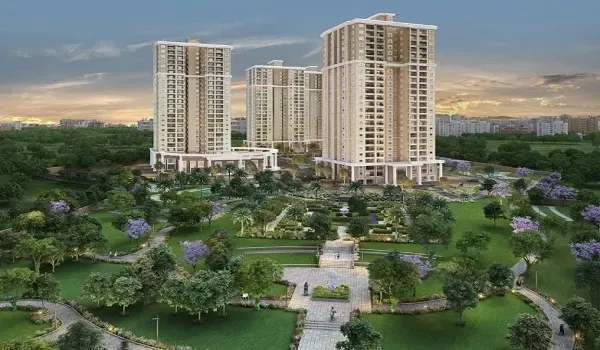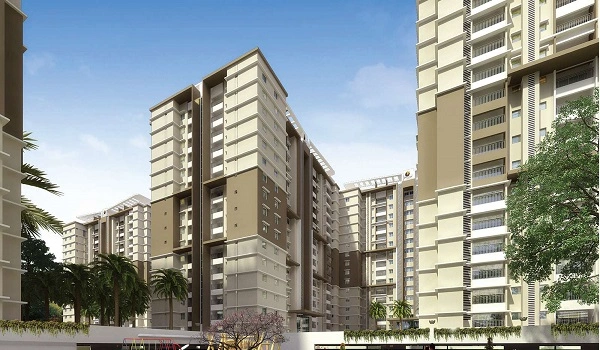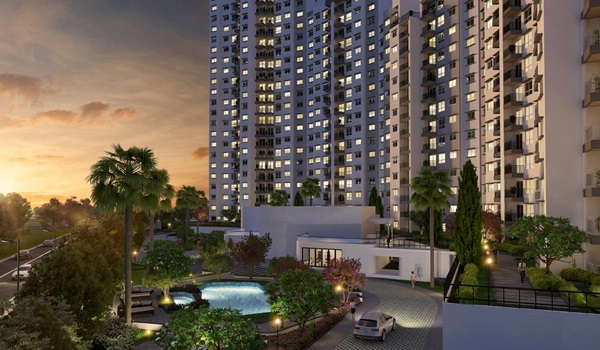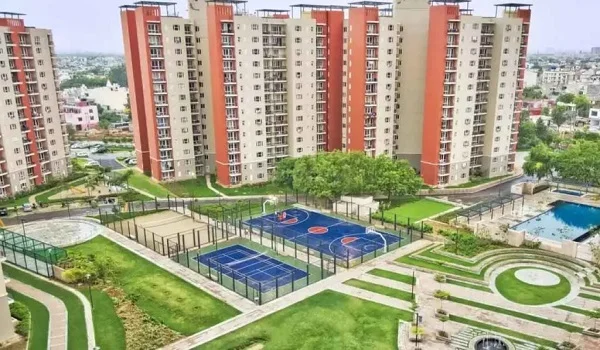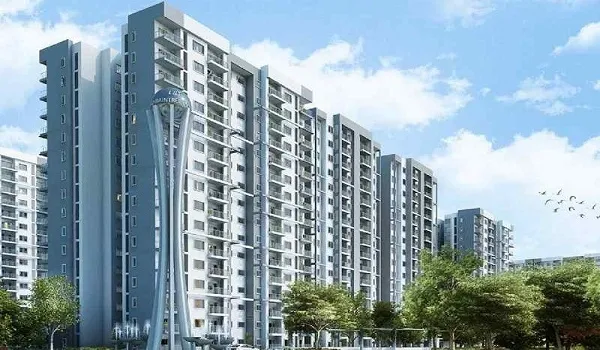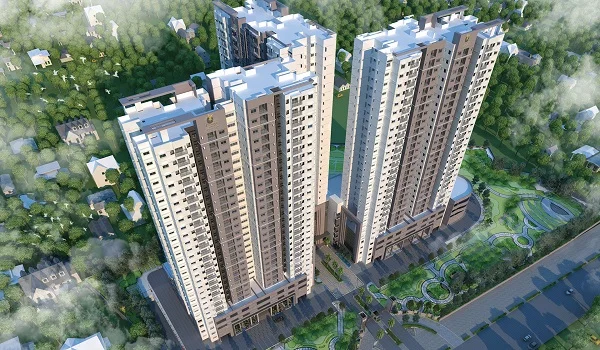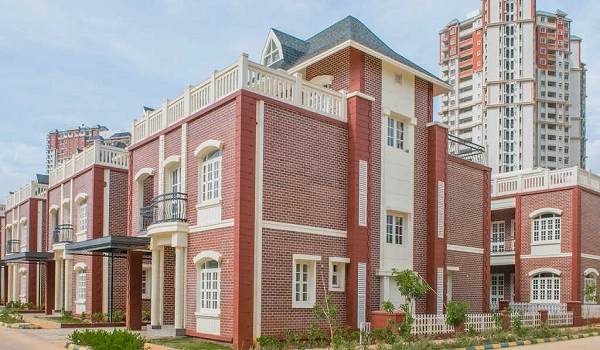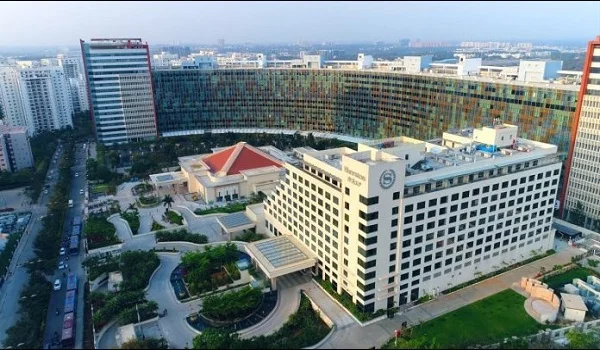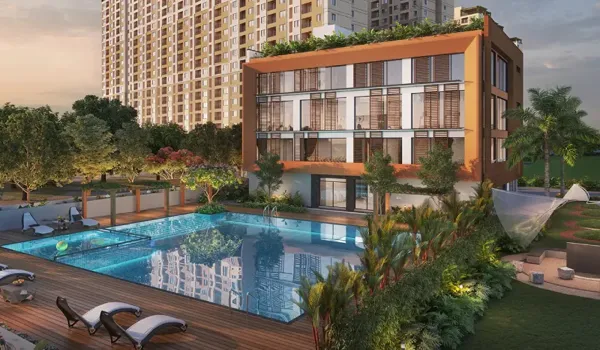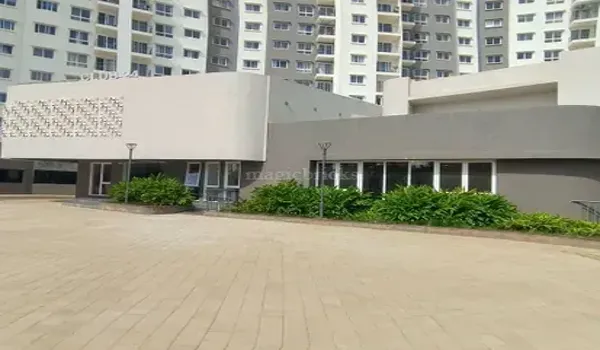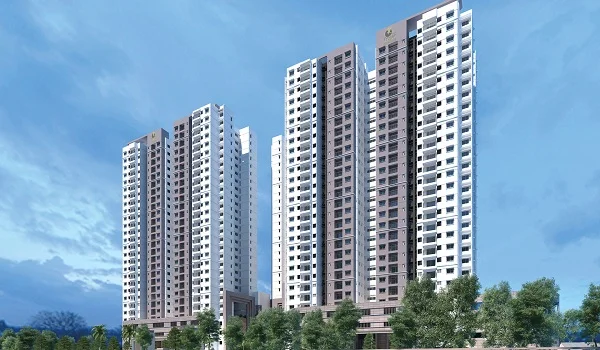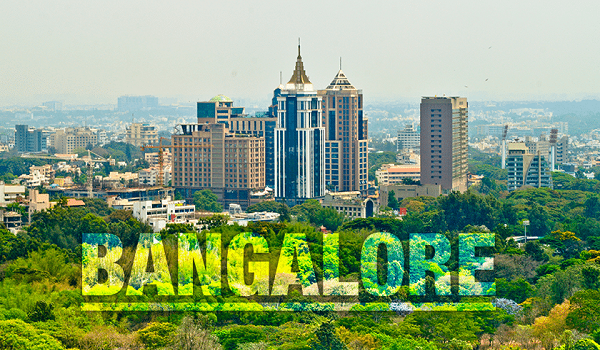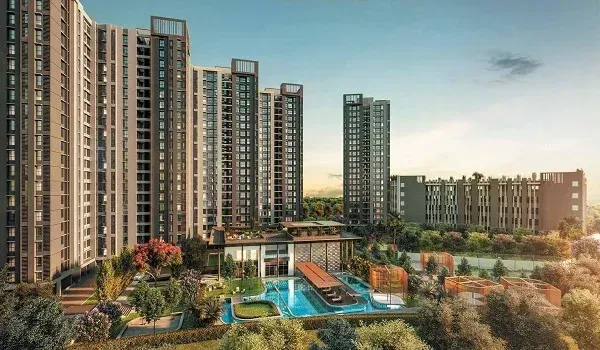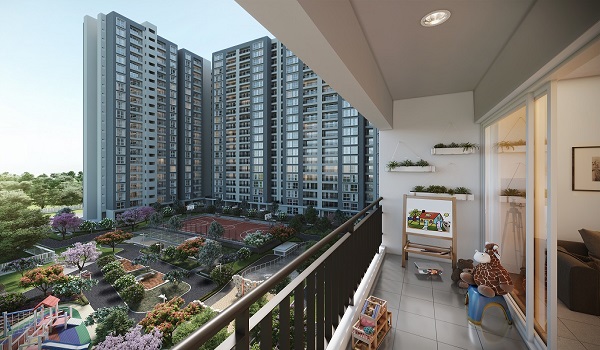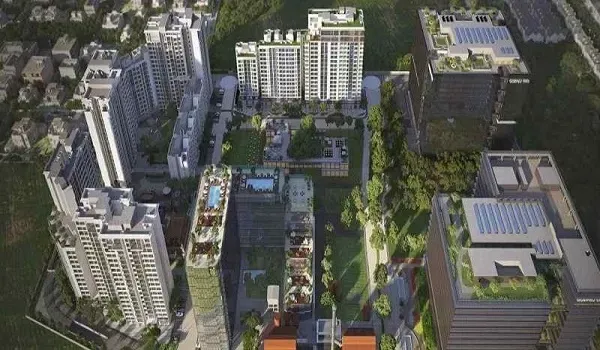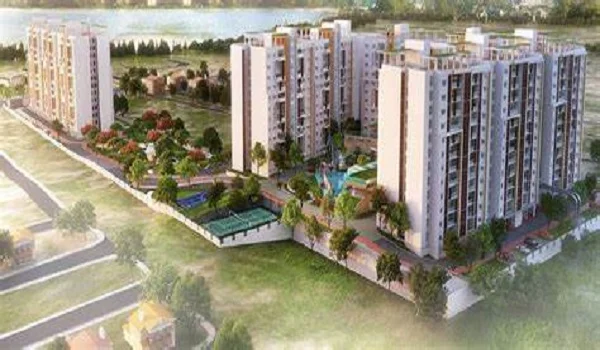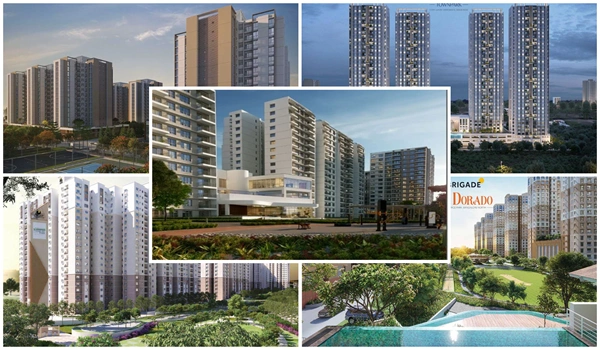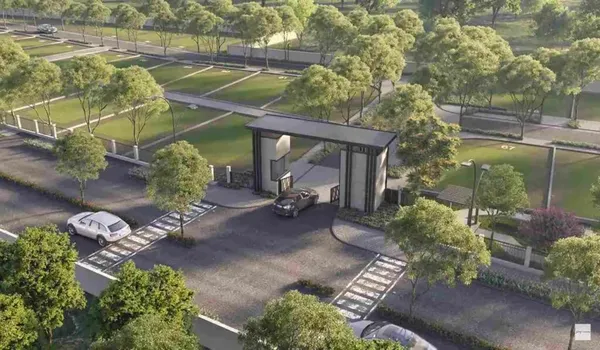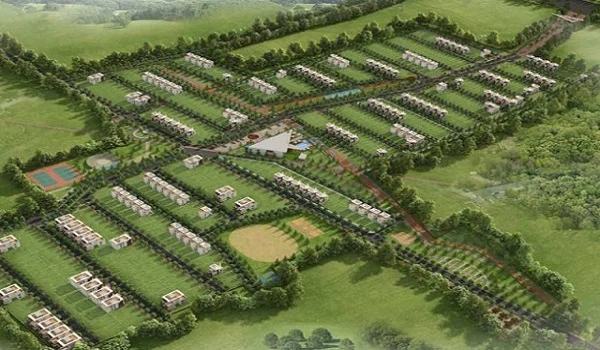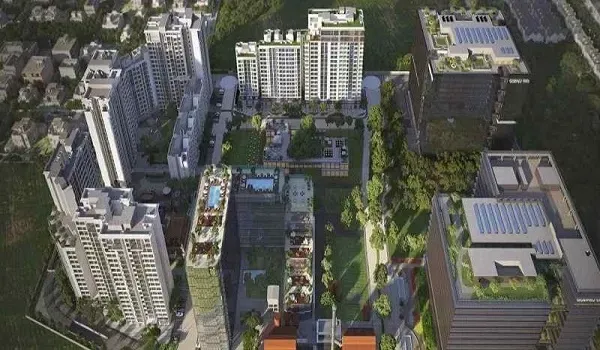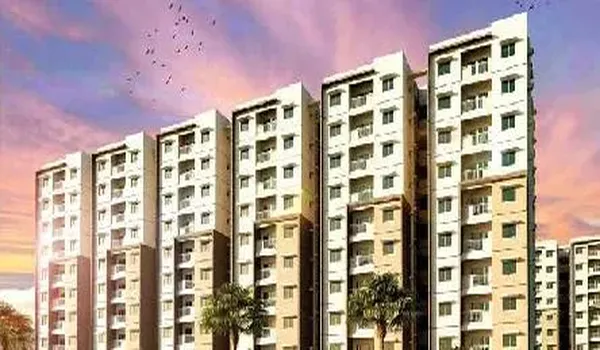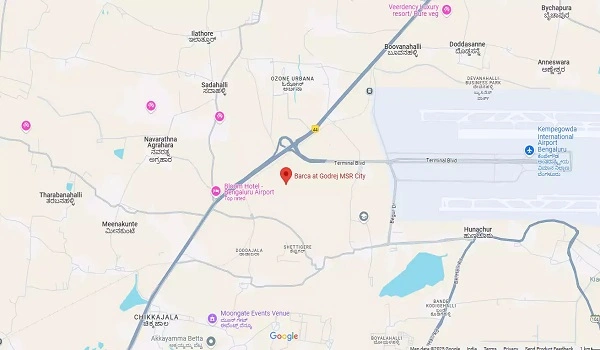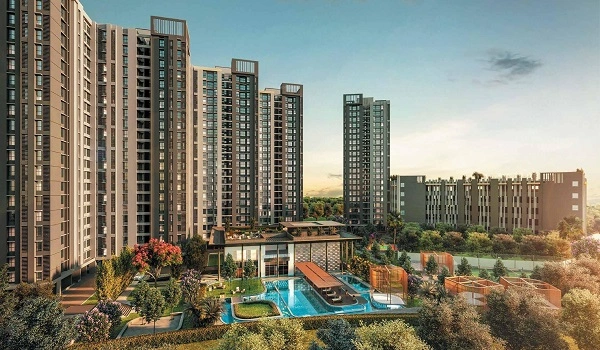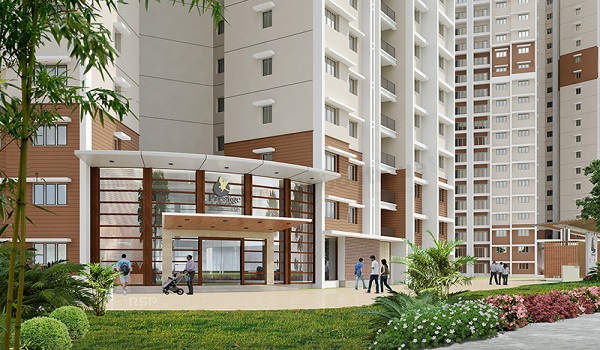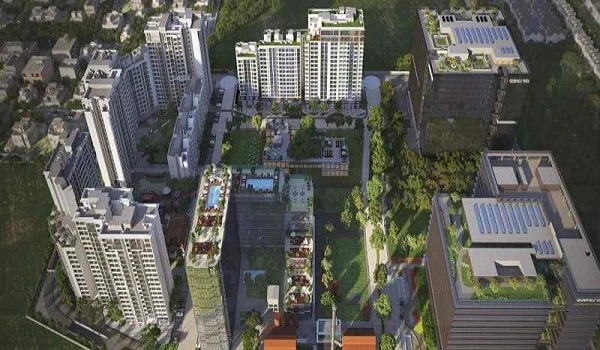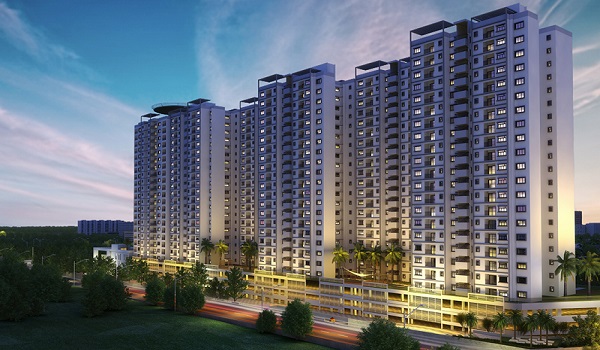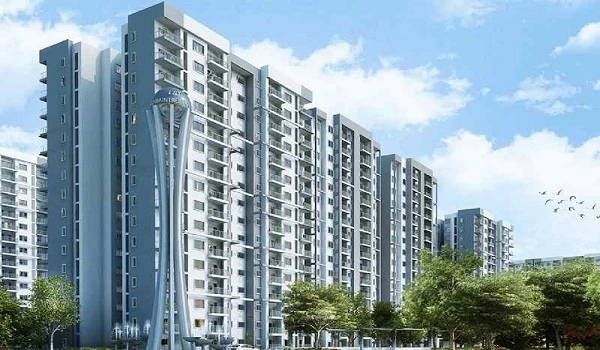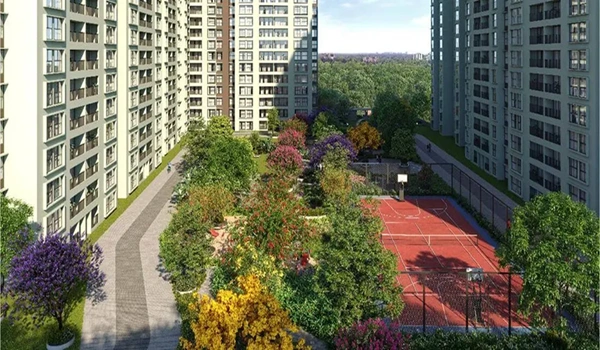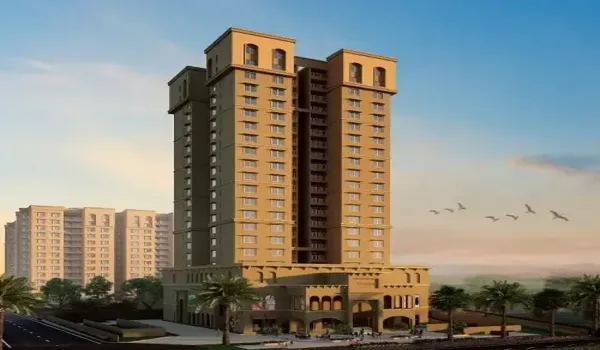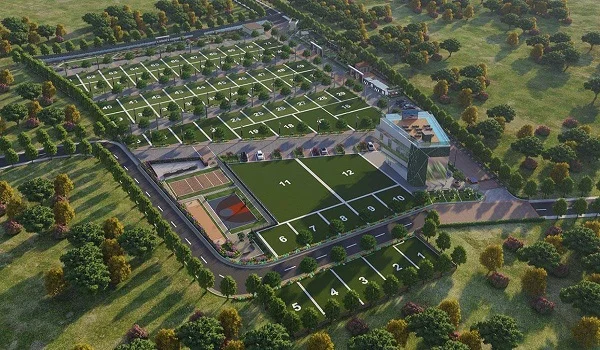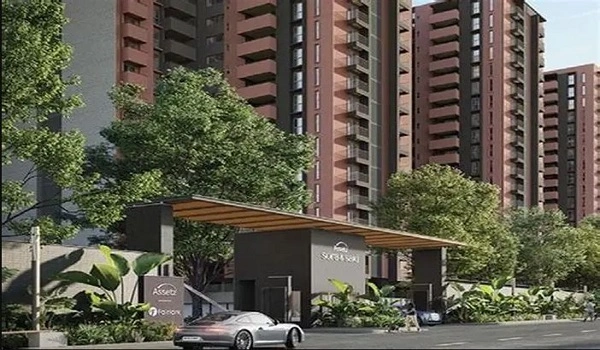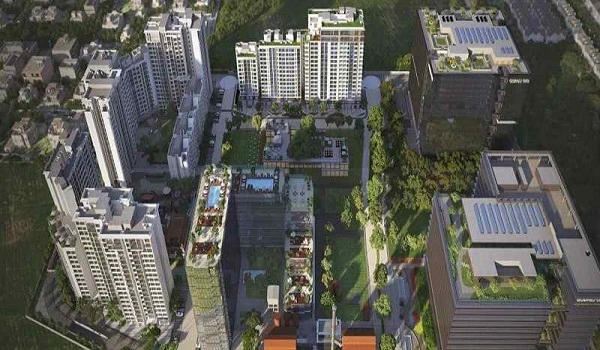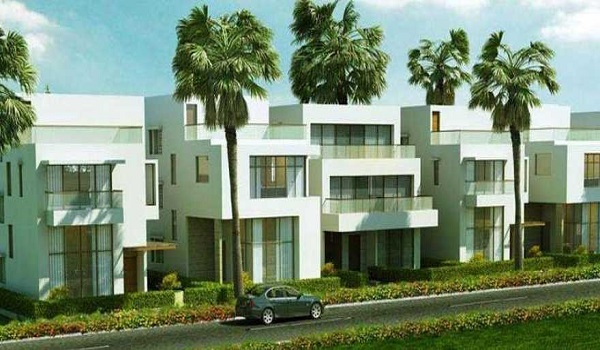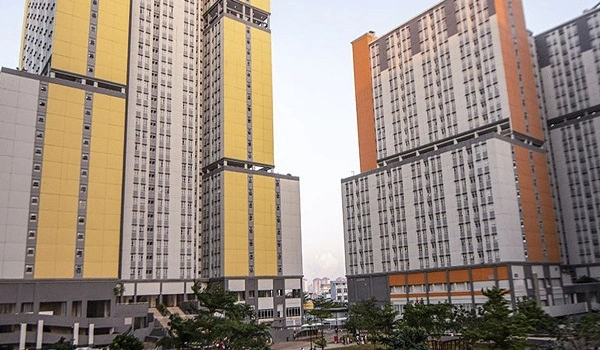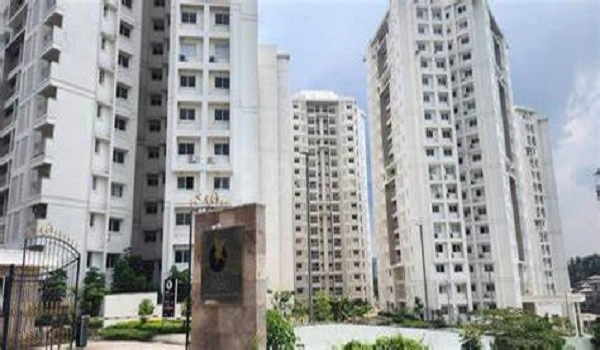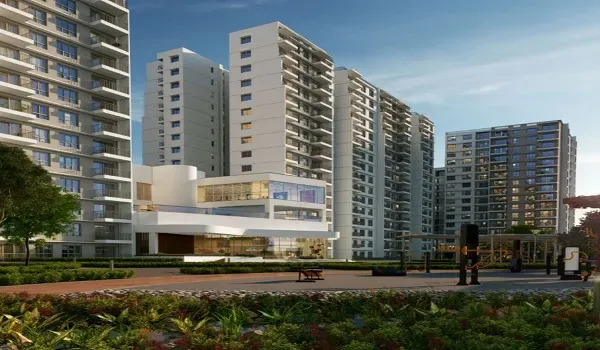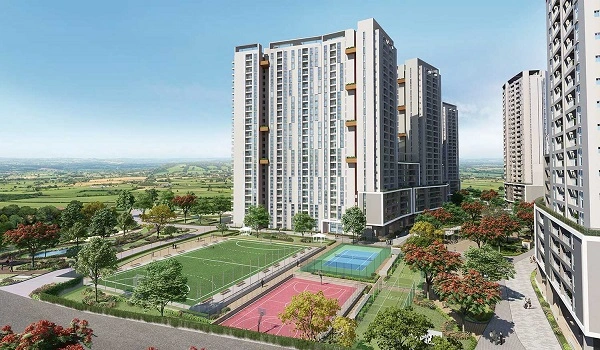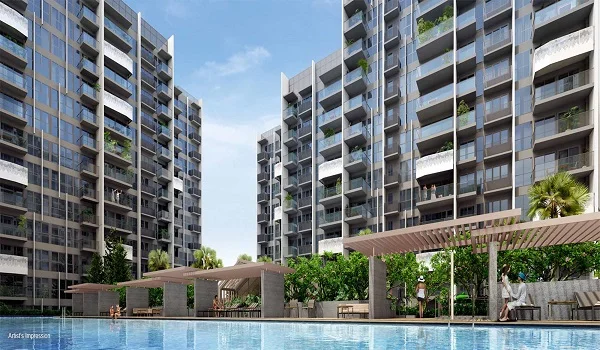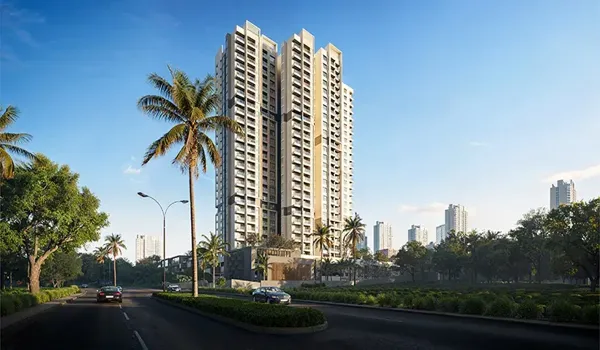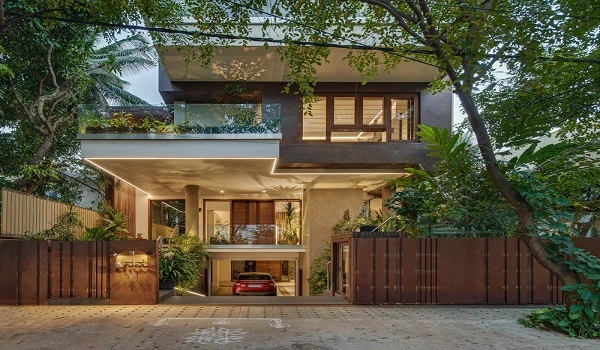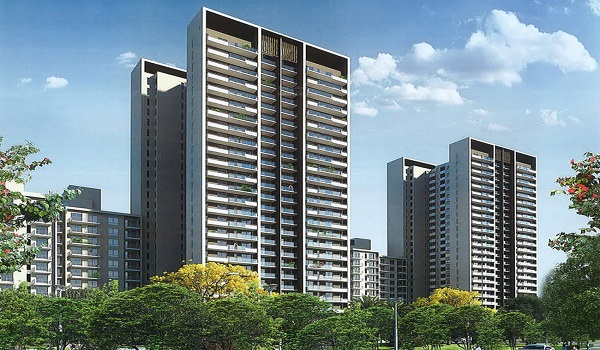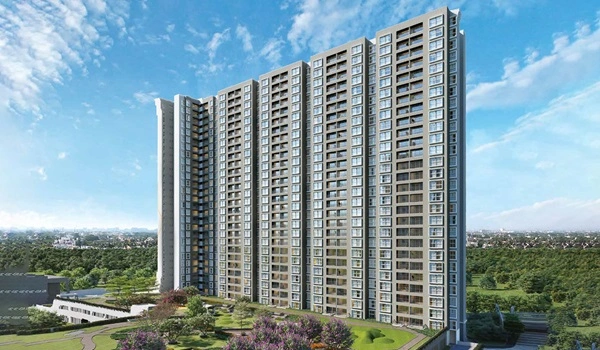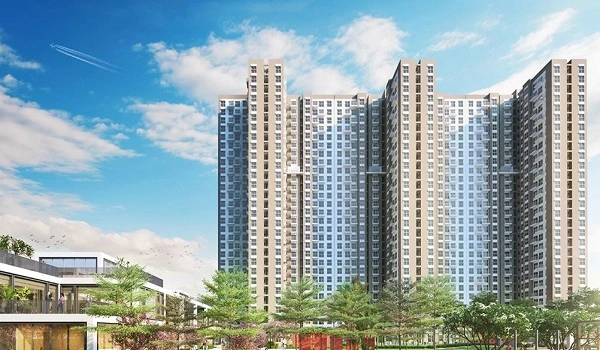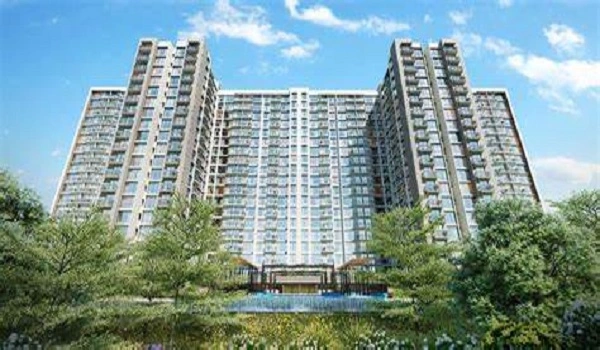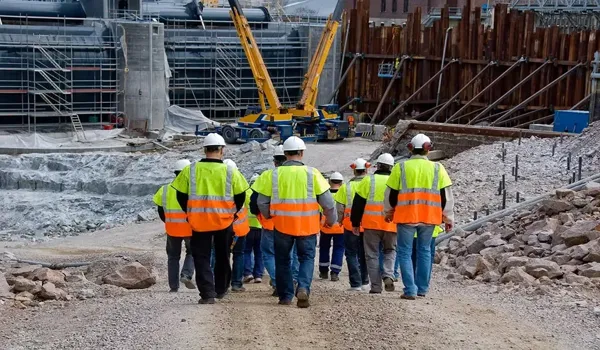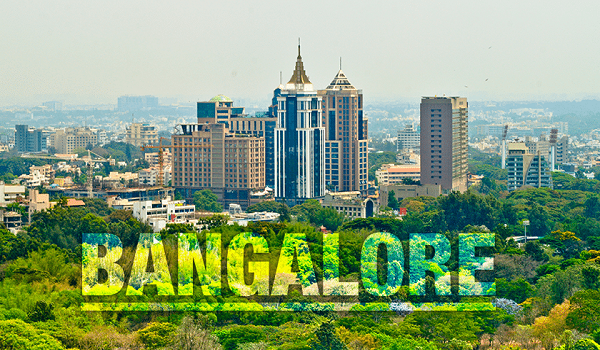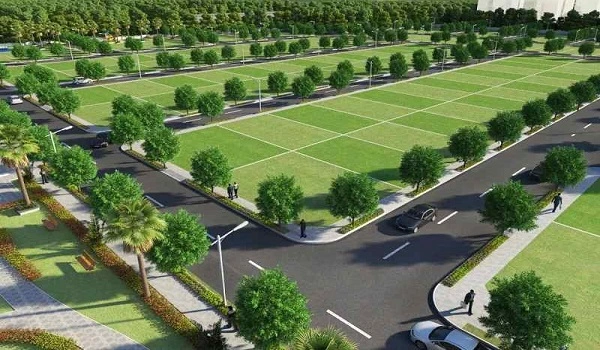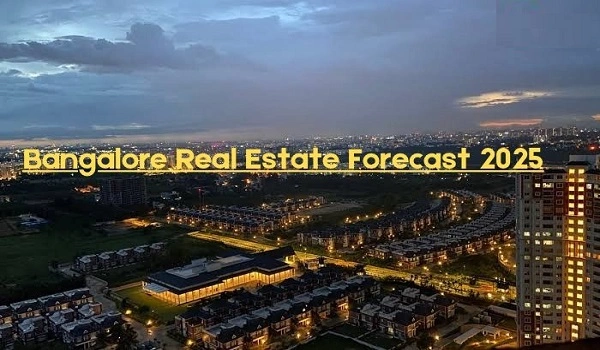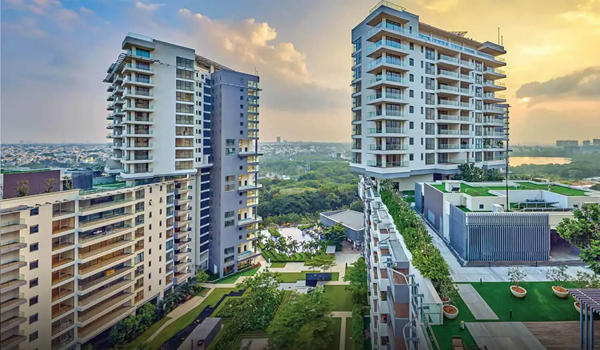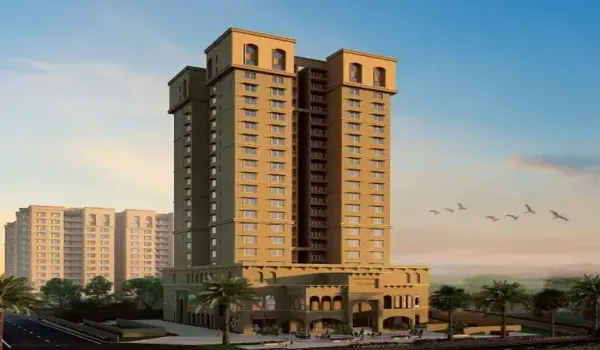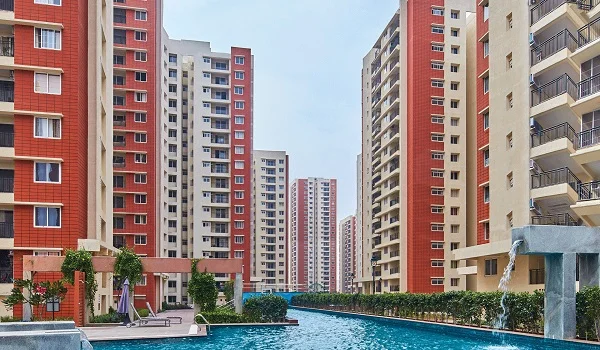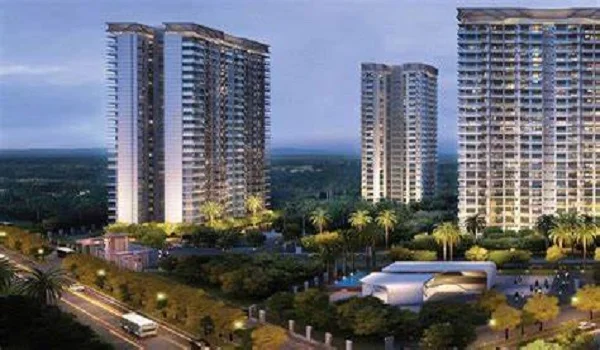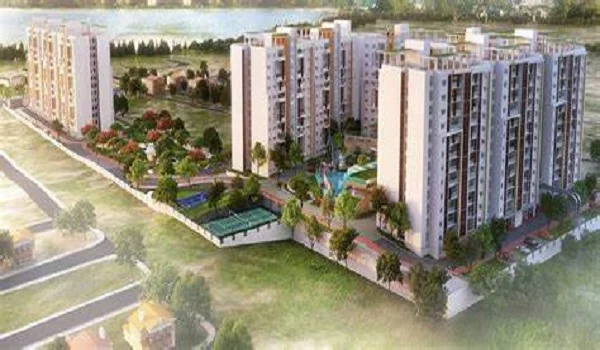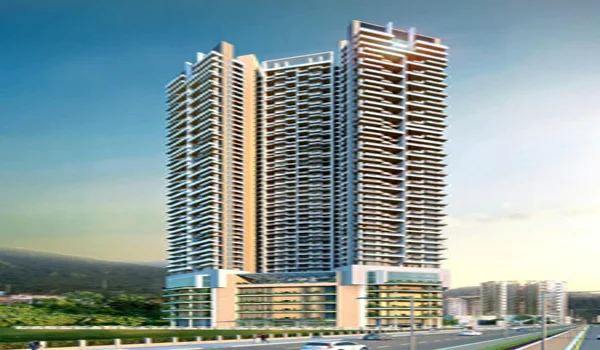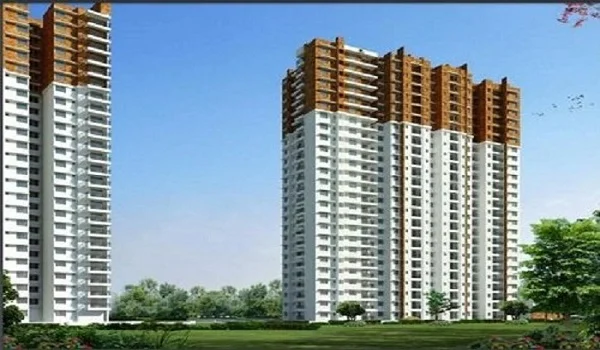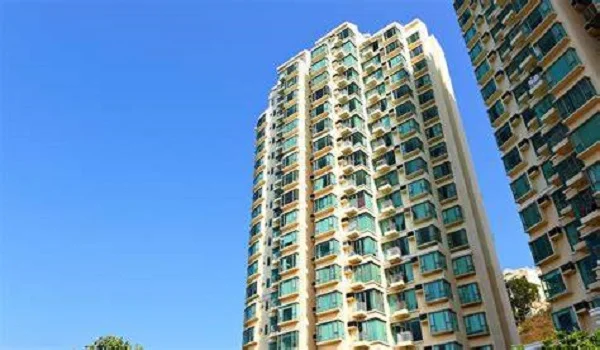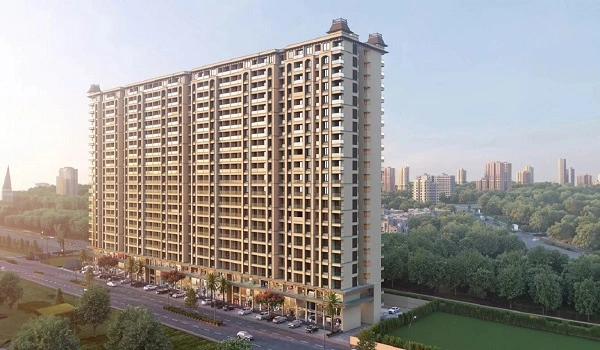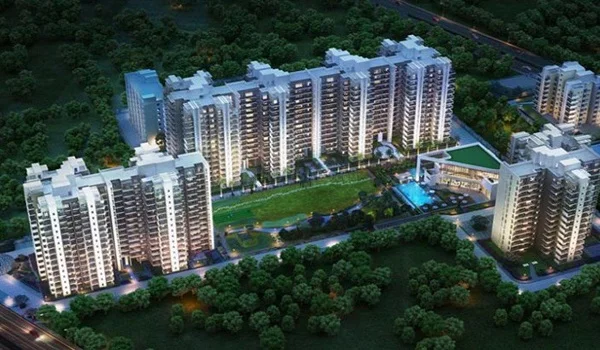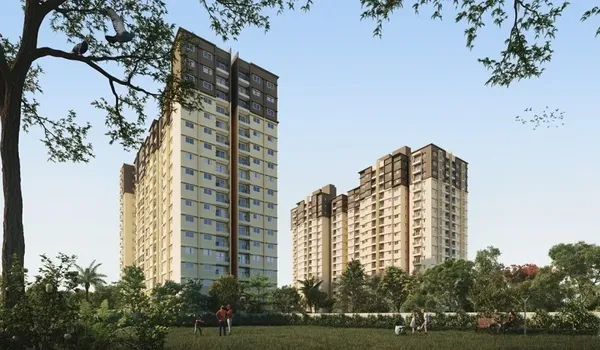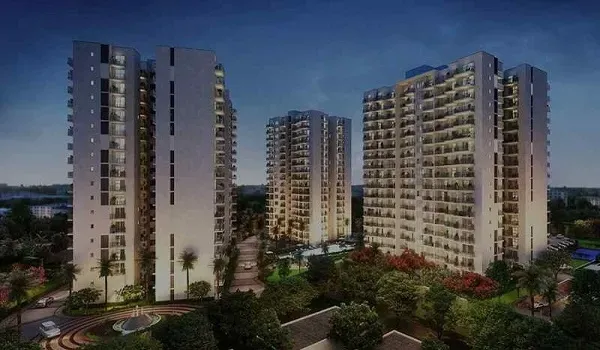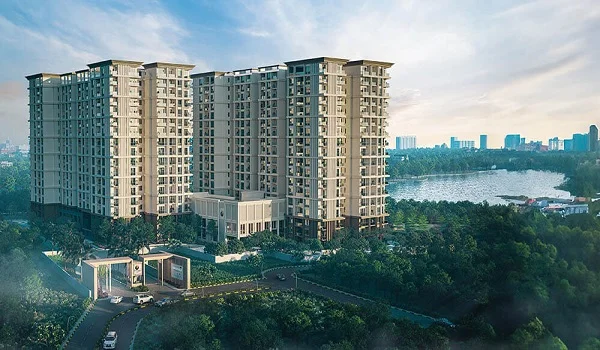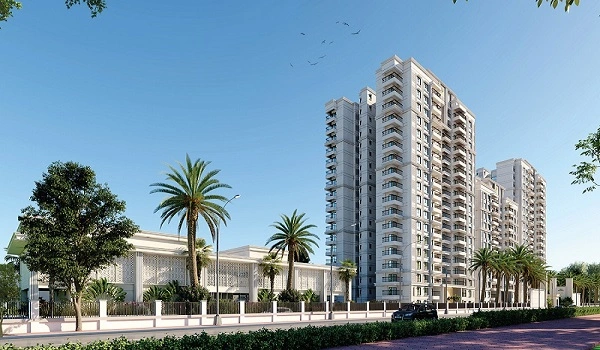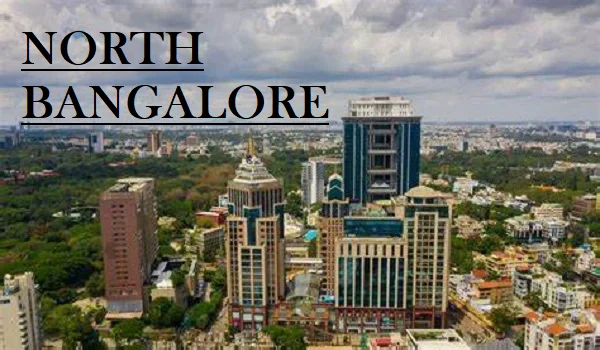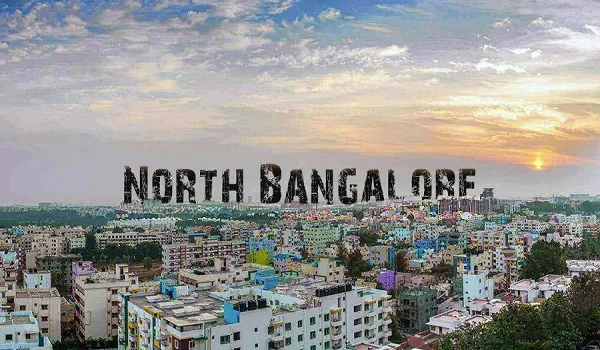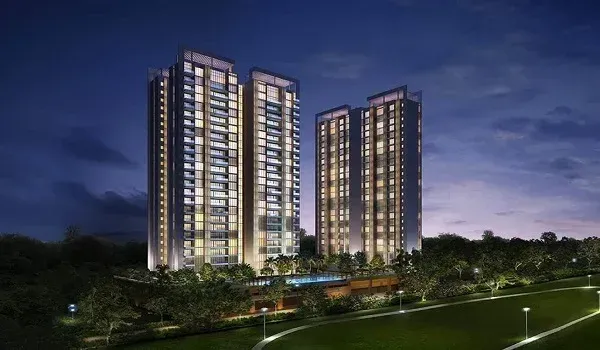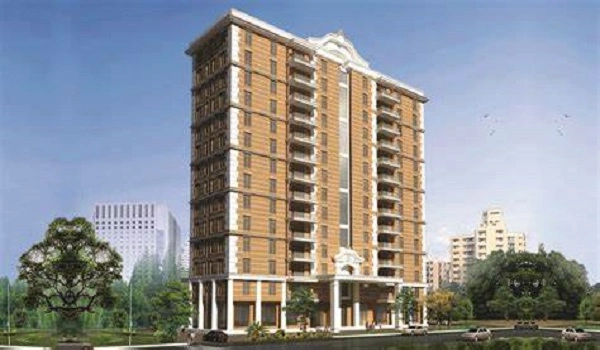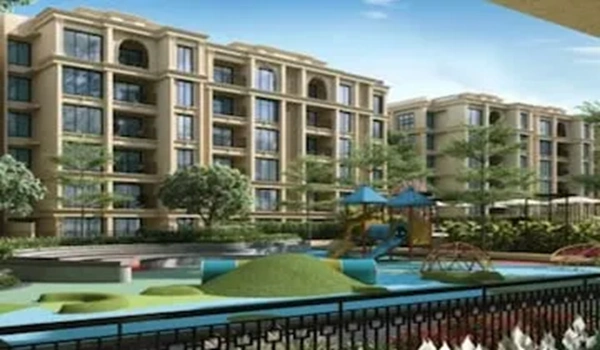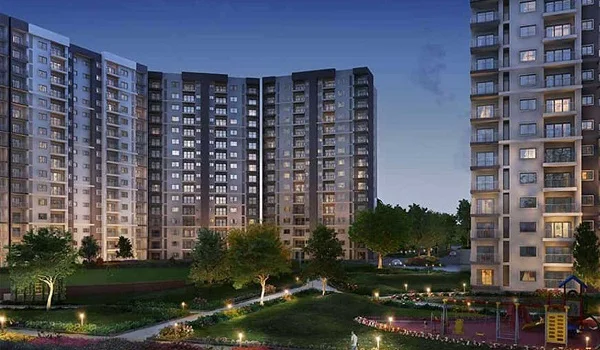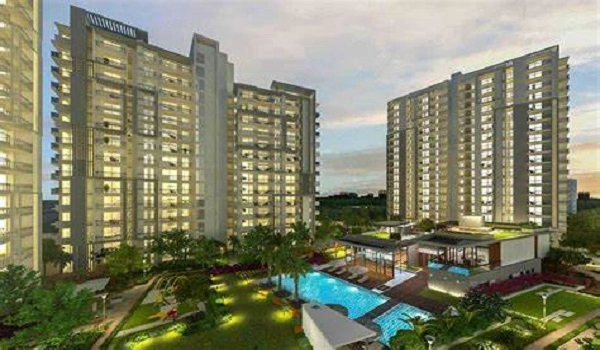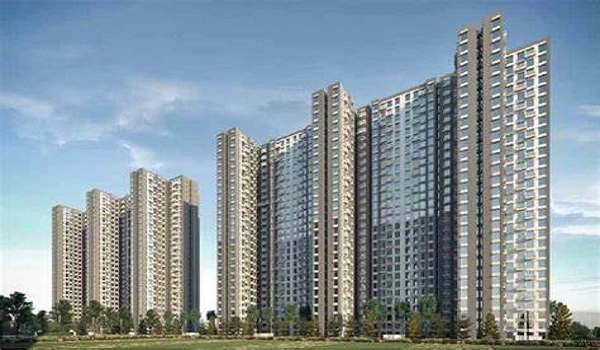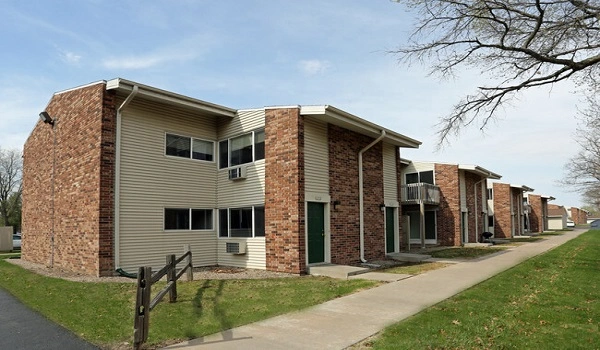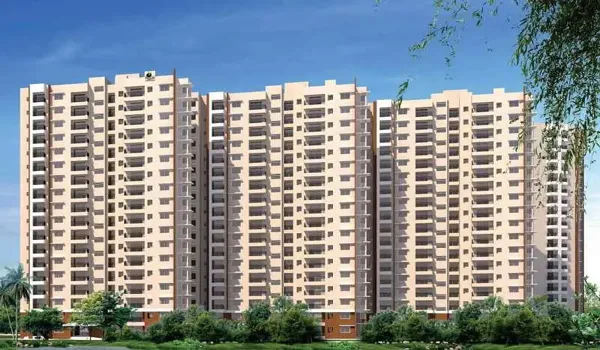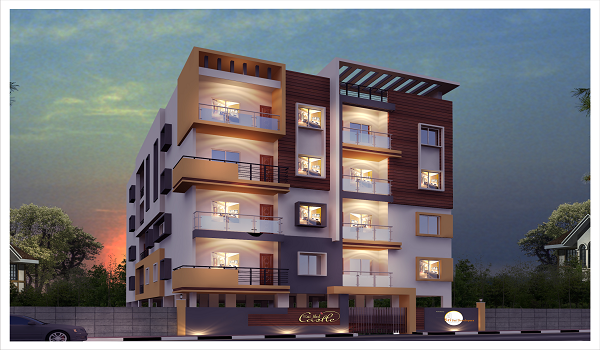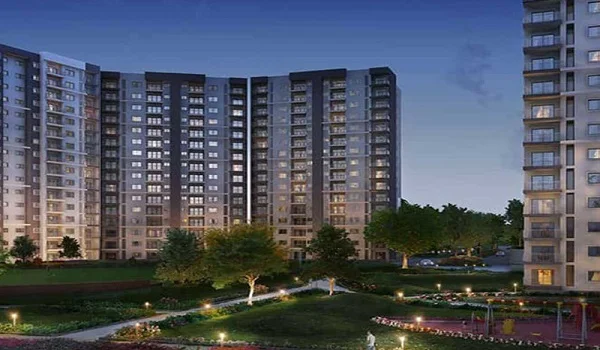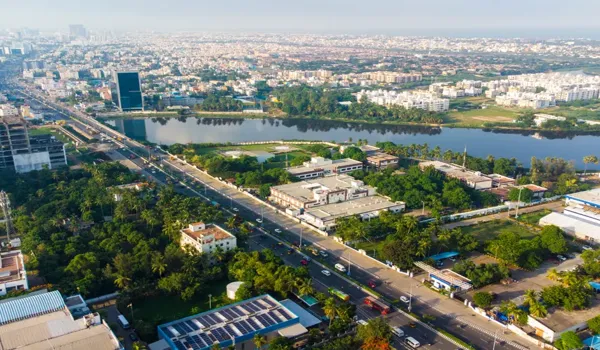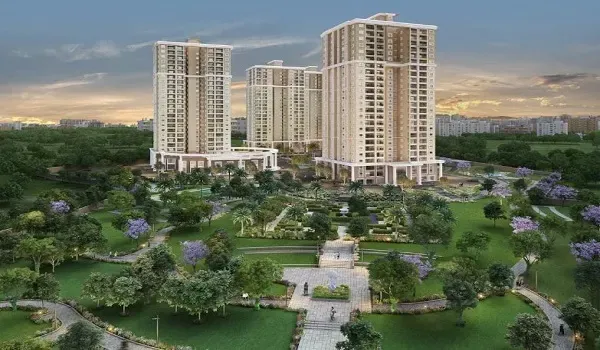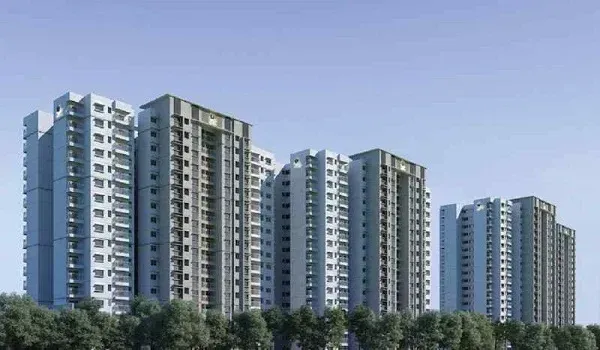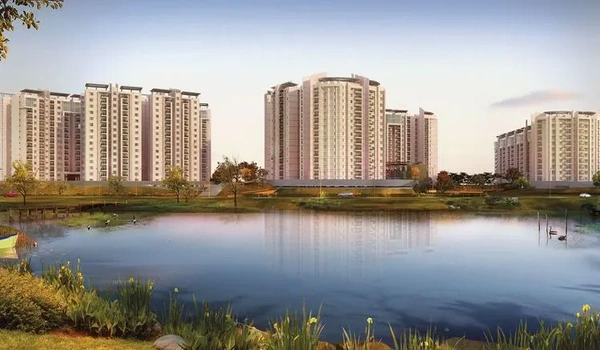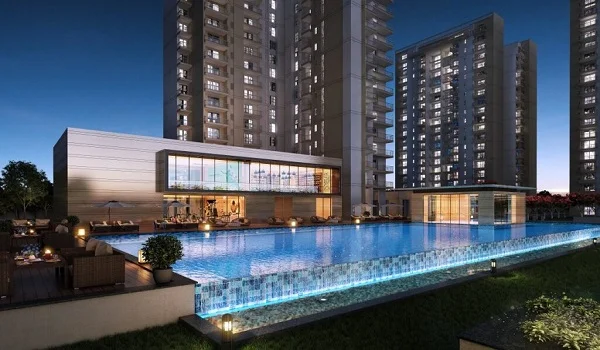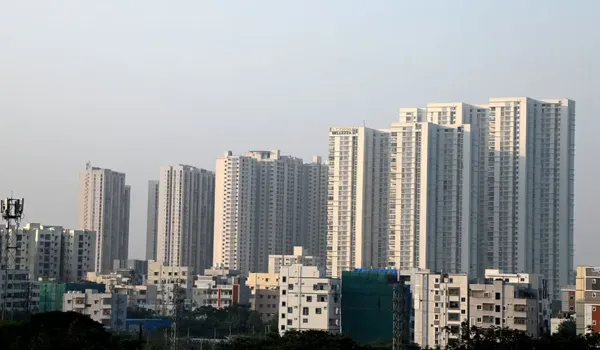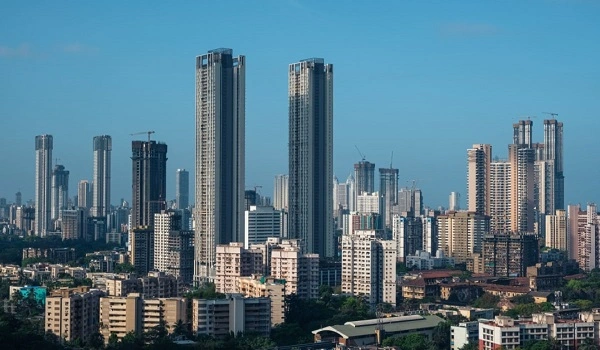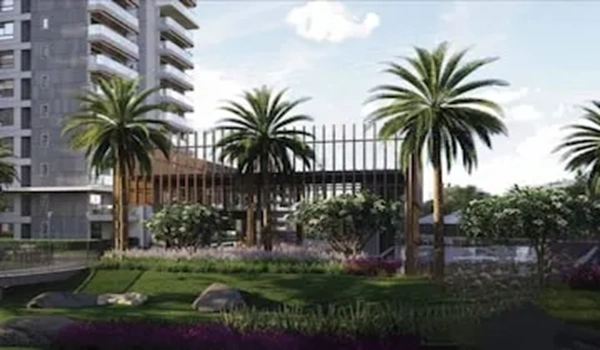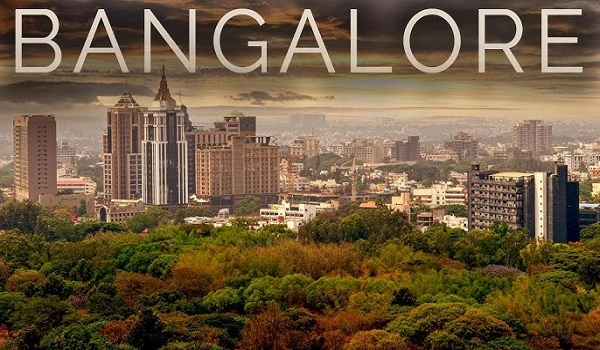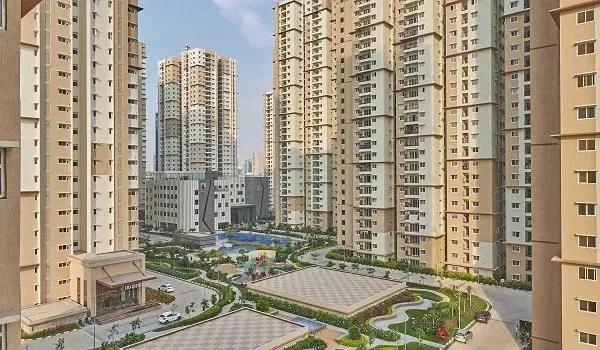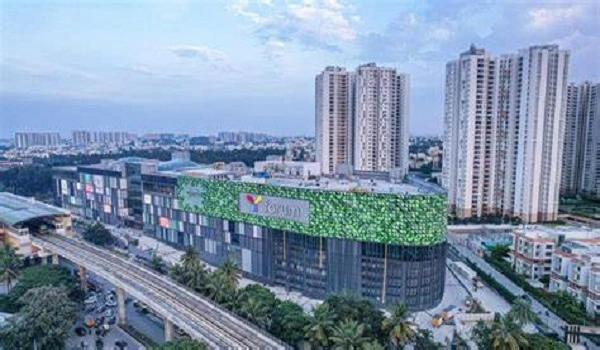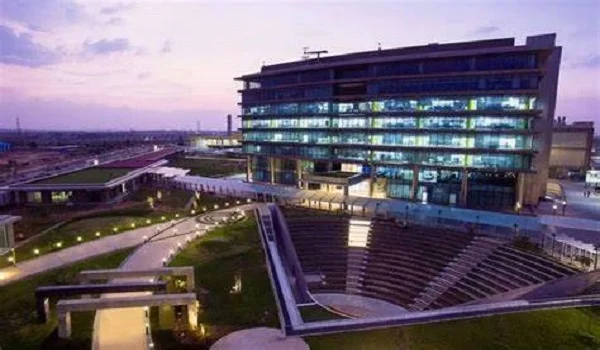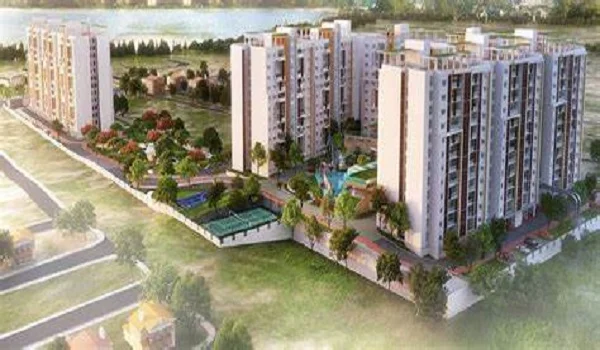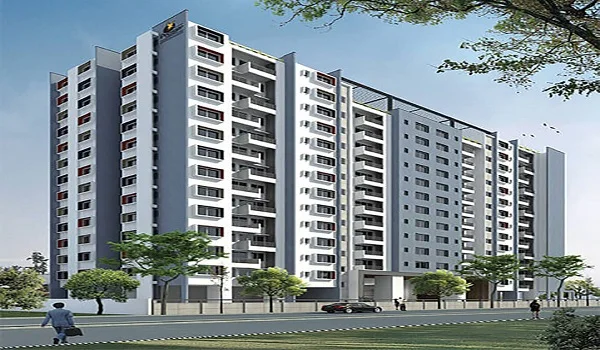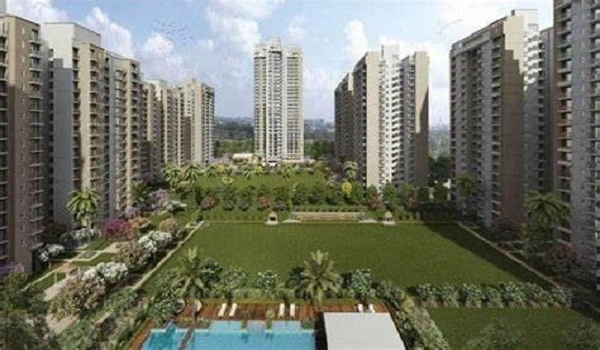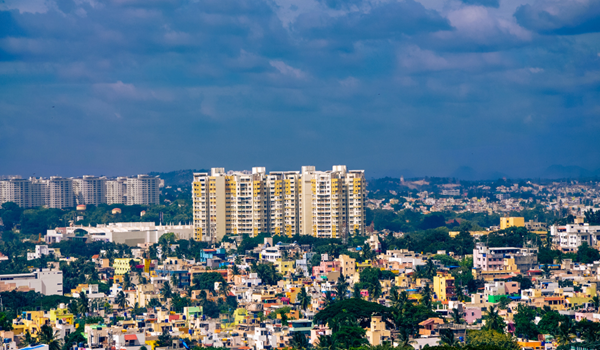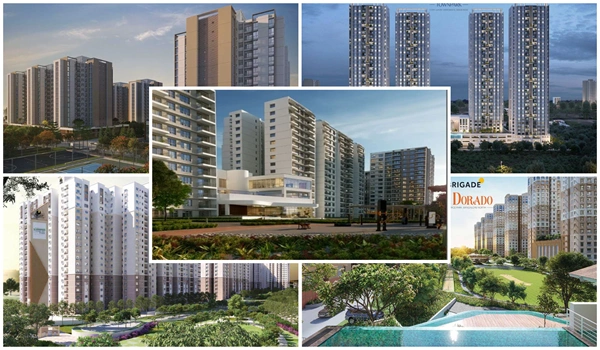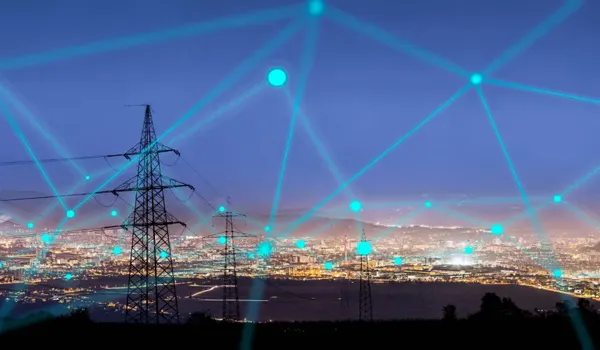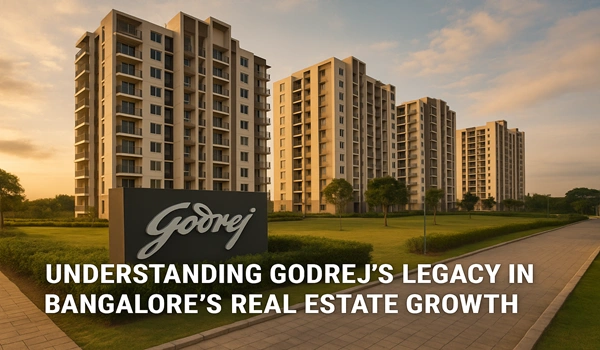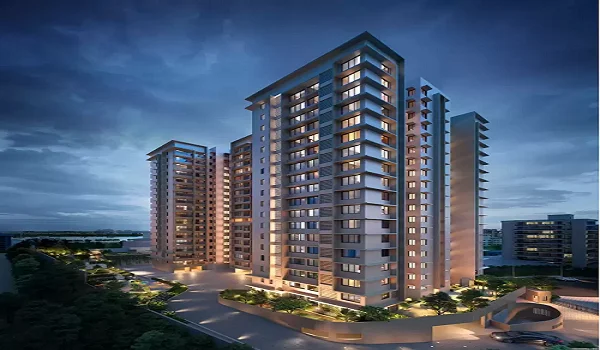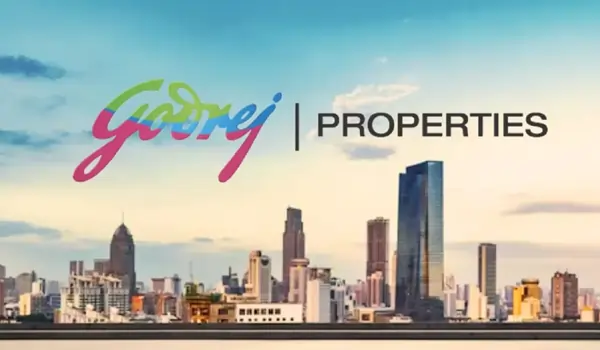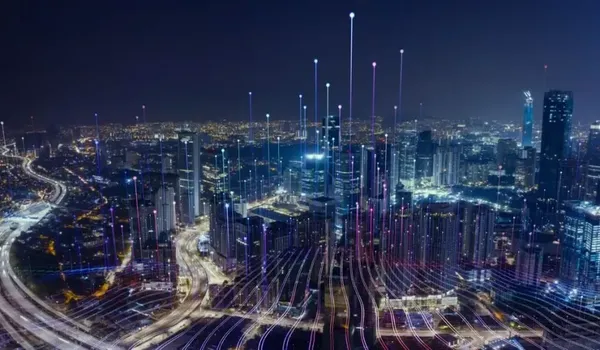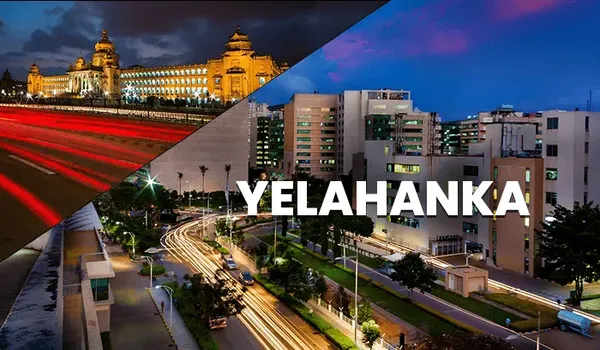Future Of Apartment Security In Bangalore: From Manual Gates To Facial Recognition
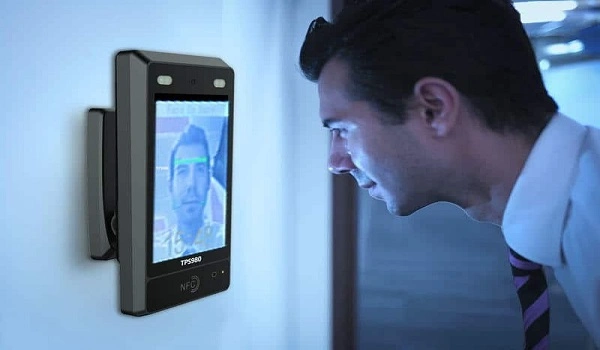
The future of apartment security in Bangalore is a shift from manual gates to integrated, tech-enabled systems that use facial recognition, app-based access, and smart CCTV to keep communities safe. This evolution answers real needs in large gated townships, where thousands of daily entries, quick deliveries, and child safety demand faster checks and cleaner records. In North Bangalore's Shettigere, big master plans like Godrej MSR City show how scale helps bring these layers together without losing the human touch.
Older setups relied on guards, registers, and intercoms. They worked for small buildings but struggled with high visitor volumes, shift changes, and slow verification. Today's communities want contactless entry, 24x7 visibility, and proof when an incident occurs. Tech makes this practical, while clear rules keep it fair.
A modern system works in layers so one gap does not expose the whole campus.
- Perimeter and gates. License-plate capture at entries, boom barriers, and guard consoles that show expected visitors in real time.
- Towers and lobbies. Controlled access through turnstiles or smart doors, with cameras watching lift lobbies and stair cores.
- Homes. Video door phones and smart locks let residents see, speak, and grant entry from their phones.
- Common areas. Parking, play zones, and clubhouses get HD CCTV with recording and alerts for unusual activity.
- What it is: A biometric system that matches a face to a registered profile to open a door or log an entry.
- Why it helps: No cards to forget and no crowding at peak hours. It speeds up access for residents while keeping visitors in a controlled flow.
- Good practice: Clear consent at registration, opt-out options, encrypted storage, tight access rights for staff, and defined retention periods.
Residents approve guests, delivery agents, and service staff in a few taps. Guards scan a QR code, log the visit, and the resident gets a real-time alert. Temporary passes expire automatically. For associations, this removes messy paper logs and creates clean dashboards for audits.
High-definition cameras now do more than record. Basic analytics can flag loitering in restricted zones, detect entry after quiet hours, or alert when a vehicle tailgates a barrier. Cloud or hybrid storage protects evidence even if a local device fails. The goal is not to watch everyone, all the time, but to catch exceptions quickly and preserve clips when needed.
At the front door, video calling prevents accidental access. Smart locks allow one-time codes for guests or housekeeping, and logs help you retrace events later. Battery alerts and mechanical overrides keep the system reliable during outages.
Security only works if teams know what to do. A solid plan links guard consoles to emergency contacts, lift intercoms, and fire panels. Drills, well-marked assembly points, and simple playbooks help guards, residents, and vendors react fast during medical events or fire alarms.
Tech is powerful, so rules must be clear. Communities should publish a short policy that covers what is collected, why, who can access it, and how long it is kept. Vendor contracts need clauses on encryption, breach reporting, and support timelines. Residents gain trust when they see this written down.
Retrofitting is hard; pre-wiring is easy. During construction, builders can size power and network rooms, route conduits to parking slots, and place camera junctions at the right heights. This lowers lifetime costs and keeps basements neat. In large townships, phase-wise rollouts can add features without tearing up finished areas.
- Visitor and delivery flow: how many steps from gate to door
- Camera coverage: blind spots in basements, lifts, rear exits
- Storage and access: who can view footage and for how long
- App experience: speed, uptime, and multilingual support
- Biometrics: consent, opt-out, and fallback for elderly or children
- Power and network backup: generators, UPS, and redundancy
Shettigere's growth around the airport Trumpet Road, NH 44, and SH 104 has made it a strong fit for large, well-managed campuses. Godrej MSR City, a 62-acre township with about 20 acres of green area and planned 2 and 3 BHK homes, reflects how scale supports layered security alongside daily comfort. Phase 1 spans 19 acres with 1,961 apartments in high-rise towers, and the overall plan targets around 4,000 units. Bookings opened in March 2025, launch followed in April 2025, and possession is scheduled after March 2030 under RERA oversight. In communities of this size, a mix of gated entries, app-based visitor management, widespread CCTV, and trained personnel can be designed into the blueprint from day one, rather than patched in later.
Apartment security in Bangalore is moving from guard-led checks to smart, layered systems that are faster, clearer, and easier to audit. Facial recognition, app approvals, and AI-aided cameras reduce friction at the gate, while good policies keep data safe. Peripheral townships like those in Shettigere, including Godrej MSR City, show how planning at scale delivers safer campuses and calmer daily life. If a system feels simple to use, respects privacy, and responds quickly when something goes wrong, it is ready for the future.
